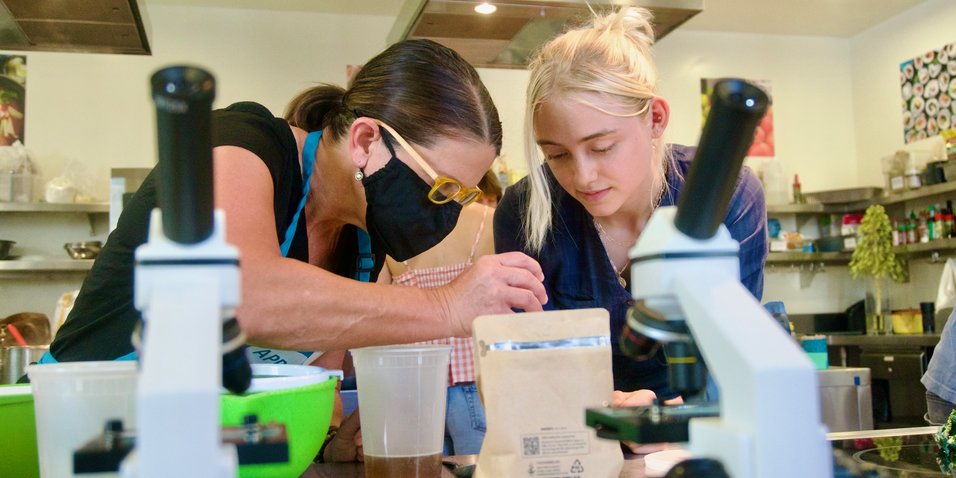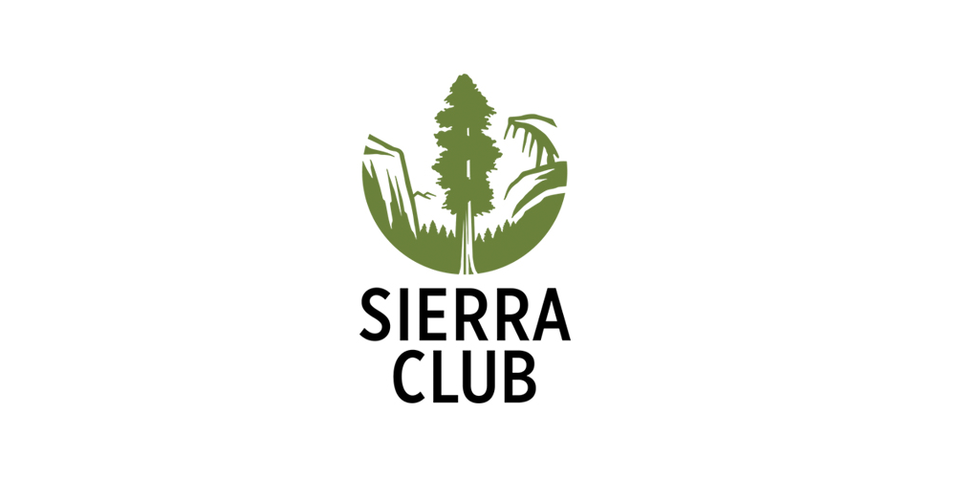
2024 Environmental Policy Internships in CA (EPIC): California State Water Resources Control Board, Office of Information Management and Analysis
About EPIC:
The State of California is a leader in developing cutting-edge policies in response to climate change and other environmental and natural resource challenges. Other states, the federal government and nations follow and seek to imitate California's forward-thinking public policy efforts. The Stanford Woods Institute identifies key state agencies and decision-makers who are addressing these pressing environmental issues to create exciting summer internship placement opportunities for Stanford undergraduates.
Woods, in collaboration with the Haas Center for Public Service and Stanford in Government, offers undergraduates paid summer internships that provide a hands-on introduction to environmental policy work. The fellowships are full-time (35-40 hours/week) for 10 or 12 consecutive weeks. Students who are selected will receive mentoring from environmental professionals and directly contribute to solving important sustainability challenges that are facing the public. EPIC fellows receive a $7,500 - $9,000 stipend (for 10 weeks) or $9,000 - $10,500 (for 12 weeks of work), depending on financial need.
About the California State Water Resources Control Board:
The State Water Board’s mission is to preserve, enhance, and restore the quality of California’s water resources and drinking water for the protection of the environment, public health, and all beneficial uses, and to ensure proper water resource allocation and efficient use, for the benefit of present and future generations.
About the Office of Information Management and Analysis:
The Office of Information Management and Analysis was established in 2008 to serve as an advocate for data management, a bridge between data collectors and users, as well as, provide transparency of the Water Board’s information management infrastructure. Our goal at OIMA is to collaborate monitoring efforts, accurately analyze data, make our data easily accessible, and create visualizations and reports that make data understandable across all audiences.
Potential Projects:
The OIMA charge provides many candidate projects related to turning water data into useful information. When recruiting new fellows and interns in our office we try to match the skills, interests and focus of the people with our candidate projects. One candidate project area would be to focus on one (or more) of the common "tests" for drinking water and designing storytelling projects around the data ecosystem(s) needed to inform on safety, reliability, and affordability. An example project in the “affordable” space would be to help wrangle water rates data as well as the secondary datasets that could inform conversations about affordability.
Another thematic area of potential work is the intersection of water resource management and racial equity, tribal data, and public health, working with a new, statewide team of data scientists in public service trying to develop new data tools. The successful candidate intern working in OIMA could do data science work, host workshops where "competing" ideas get discussed and inform the regulatory and policy world with visualizations and data stories.
Finally, there are several thematic areas that are encompassed within the California Water Quality Monitoring Council workgroups and turning the data collected by programs throughout California including but not limited to those led by the Water Boards. Projects continue to evolve and OIMA is confident we can find a project that will suit candidate interests and skillsets with some part of the Water Boards.
Examples of previous fellow projects:
We have had fellows help with the following general types of activities: (1) Explore how to improve geospatial data related to public water systems (2) Prototype an Indigenous Language Isolation Data tool, (3) Aid in the development of web services (e.g., application program interfaces, or APIs) and creation of public data products; (4) Help manage data and increase the value and accessibility of the Water Board’s data via scripts and visualization software to transform and flow data towards open data publication sites; (5) Help improve how the Water Board’s monitoring programs collect, use, manage, and publish data; (6) Help improve the Water Board’s data quality and how data quality is measured and communicated; and (7) Help ensure Water Board data is available, reliable, consistent, accessible, secure, and timely; and (8) Develop a Tribal Water Data Map and associated User Manual to increase awareness of and access to the Water Board’s water data resources that intersect with Tribal matters and needs.
Some of the work our team has helped create can be seen in this year’s Water Quality Status Report and at our github site.
Desired Qualities, Skills and Abilities:
In addition to a strong interest in water resources, water quality, and how human and environmental systems interact with water data, the successful candidate will have one or more of the following desired qualities, skills and abilities:
- Engaging with the public using data or technology to address stakeholder interests and achieve outcomes
- Ability to analyze data using various levels of data science skills to identify insights or build decision-support tools
- Interest and ability to work on a team
- Experience or interest in learning more about interest-based stakeholder processes
- Experience or interest to build knowledge of watershed management principles and water quality assessment procedures and policies
- Knowledge of current suite of methods and approaches needed to efficiently collect, store and make accessible data to inform management questions about bioaccumulation, bioassessment, ecological flows, watershed/stream health
- Knowledge of principles and practices to apply statistics and biometry to the design and review of water quality monitoring programs aimed at answering complex management questions
Logistics:
- Internship Location: flexible – hybrid in Sacramento, CA or fully remote.
- EPIC fellows have the option to work full-time (35+ hours per week) for 10 weeks (stipend: $7,500-$9,000, depending on financial need) or 12 weeks (stipend: $9,000-$10,500, depending on financial need) over the summer.
Eligibility
Eligibility:
Undergraduates from all academic disciplines are encouraged to apply, and applicants may vary in academic interests, public service involvement, and experience. Students must be enrolled for winter and spring quarters of this year and be in good academic standing to be eligible for a fellowship. Applications will only be accepted from students who will be enrolled as undergraduates for the following academic year, so unfortunately, graduating seniors cannot apply. The one exception to this rule is seniors who will be working toward a co-term degree during the following academic year. Co-term students must be paying undergraduate tuition in spring quarter to be eligible. Please refer to the Haas Center for Public Service's website for additional Cardinal Quarter Undergraduate Fellowship Program Policies and Requirements.
Note: students are only eligible for one Stanford-funded full-time experiential learning opportunity during the summer, and are not permitted to engage in another full-time internship, job, coursework, or volunteer opportunity. Students are responsible for arranging and paying for their own housing and transportation during the fellowship.
Requirements:
Fellows are required to work at least 35 hours/week for ten or twelve consecutive weeks at their placements. Fellows are expected to have a designated full-time professional staff member as their supervisor/mentor. Please review the entire FAQs section for program policies. Other commitments include the following:
Spring Quarter:
- Commit to working full-time (35-40 hours week) for 10 or 12 consecutive weeks (depending on which option you select)
- Complete an online program orientation through the Haas Center for Public Service
- This will include designing a personal learning plan that you will share with your site supervisor and academic mentor
- Complete the Engaging in Ethical and Effective Service in-person workshop or worksheet
- Meet with your assigned Stanford academic mentor at least once prior to the start of the fellowship (more check-ins during and after your experience are encouraged)
- Attend EPIC cohort building events and activities in spring quarter, as your schedule allows
- Complete and submit all required forms and paperwork
Summer Quarter:
- Engage in your full-time fellowship (starting no later than July 8, 2024; exact start date to be determined with your site supervisor)
- Attend EPIC cohort building events and activities in the summer, as your schedule allows
- Submit a mid-summer evaluation
- Submit a final project report, complete a program evaluation, and correspond with donor(s) as requested by program staff
Fall Quarter:
- Debrief with your academic mentor at least once
- Attend a de-briefing meeting for the purpose of reflecting upon and evaluating summer experiences
- Participate in outreach activities to share your experiences and help publicize the program


